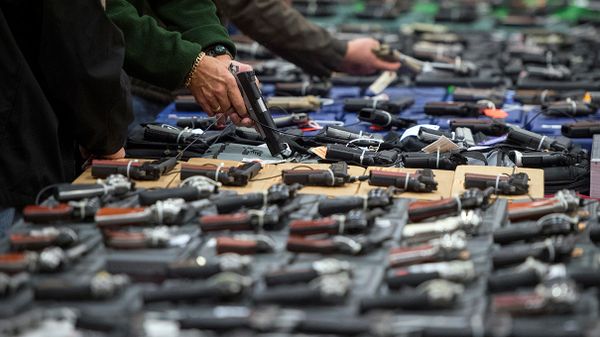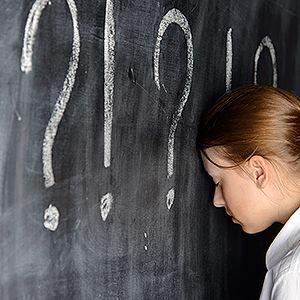
Clark Aposhian never thought that he'd have a "colleague" at the Harvard School of Public Health. Aposhian is one of Utah's topgunlobbyists, chair of the Utah Shooting Sports Council and a certified instructor for Utah's concealed carry permit. In his experience, public health advocates were liberal eggheads who sat squarely on the opposite side of the political divide over gun control.
"All we'd hear from them is, 'Lock up your guns, get rid of your guns, guns are bad,'" says Aposhian. "And all they heard from us was, 'Guns are good, more guns, we need greater access to guns.'"
Advertisement
But then he met Cathy Barber, asuicide preventionexpert with theHarvard Injury Control Research Center, who shared a simple, yet startling statistic. In Utah,86 percentof all gun deaths are suicides.
Aposhian had dedicated his life tofirearm training, safety and advocacy, but he had no idea that the vast majority of gun-related deaths in his home state — andmore than two-thirdsof gun deaths nationwide — weren't murders or hunting accidents, but suicide.
"I had an epiphany," says Aposhian. "All the clamoring on both sides over homicides and illegal use of firearms and accidents, the biggest bang for the buck if you want to decrease the number of gun deaths is going to be suicide."
Nearly 45,000 Americans die from suicide every year, and more than half of those deaths come from guns. States with more guns per capita — like Utah, Montana, Idaho and Colorado —have higher suicide rates. Not because gun owners are more likely to suffer from mental illness, but because suicide attempts with guns are nearly always fatal.
That's why Barber at Harvard created theMeans Matterscampaign, to explain that access to a gun in a moment of suicidal crisis can be the difference between life and death. The decision to commit suicide happens surprisingly fast, with 24 percent of suicide survivors sayingonly five minutespassed between the moment they decided to end things and the suicide attempt itself. In that five minutes, people reach for the most lethal means they can get their hands on.
If it's a gun, the suicide attempt will be fatal between 85 and 90 percent of the time. Other means aren't nearly as lethal. An overdose of pills, for example, is deadly in only1.5 percent of suicide attempts. Restricting access to a gun during an acute emotional crisis, research shows, saves lives and gives people a chance to get help.Ninety percentof suicide survivorsdo notgo on to die by suicide.
But for suicide prevention advocates like Barber to get the Means Matters message into the communities hardest hit by gun-related suicides, they had to cross a gaping political and cultural divide. When gun store owners and Second Amendment supporters hear words like "restricting access to guns," they think of government intrusion, more laws, and outsiders coming in to take their guns away.
Advertisement





